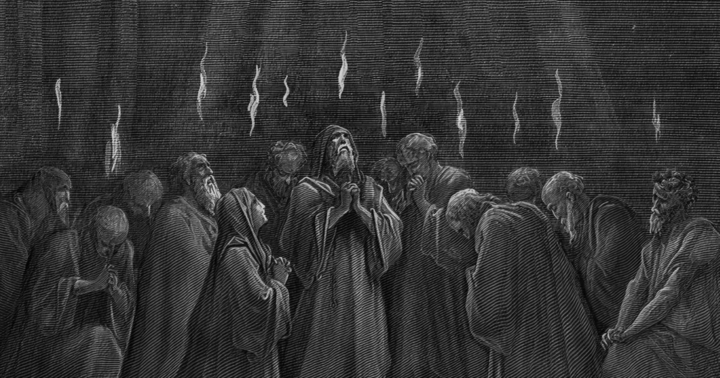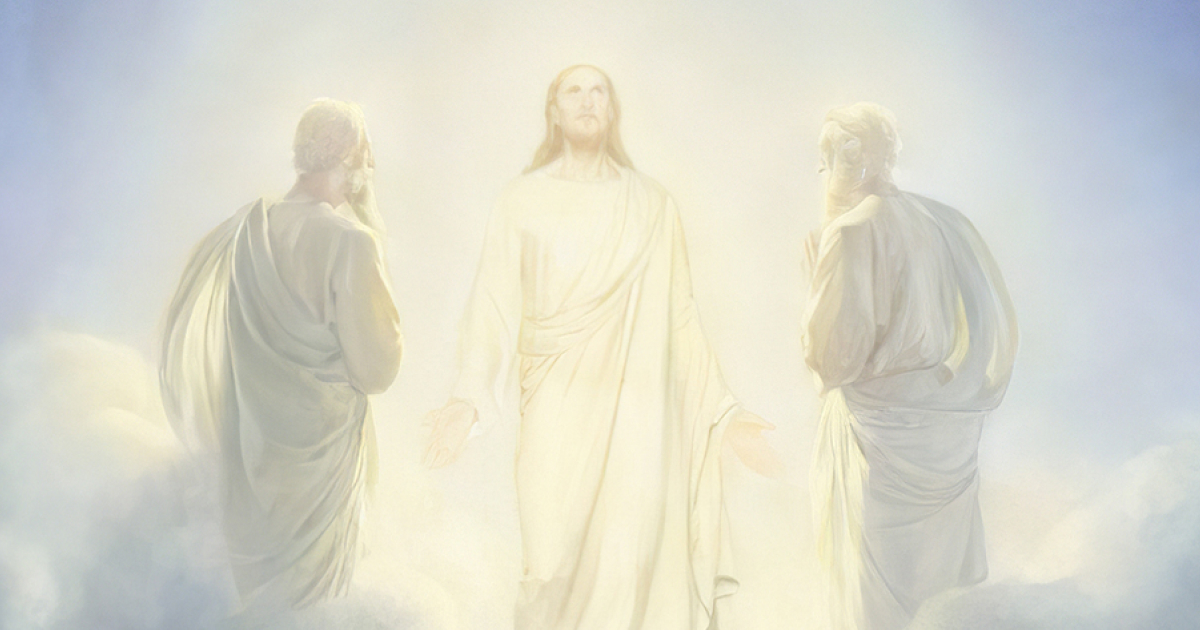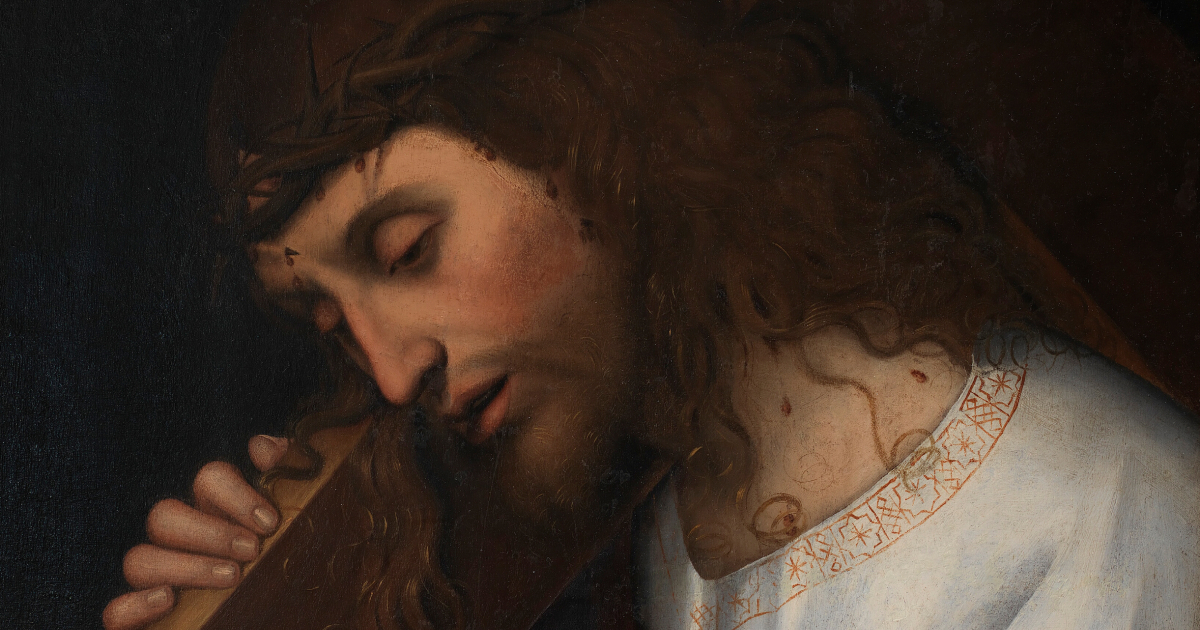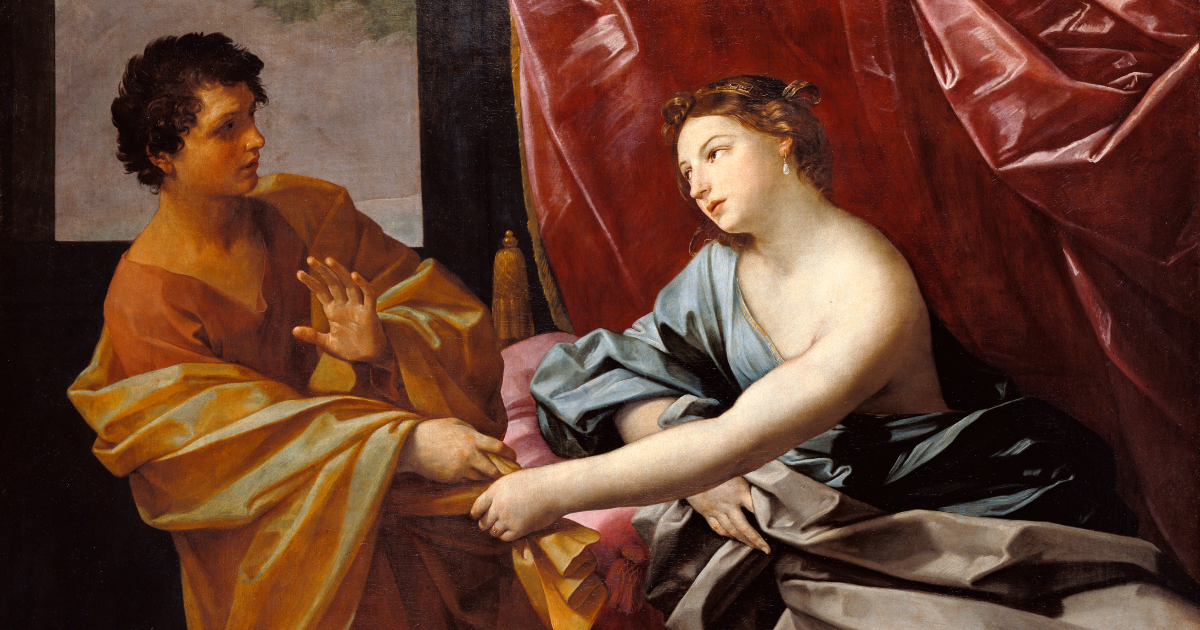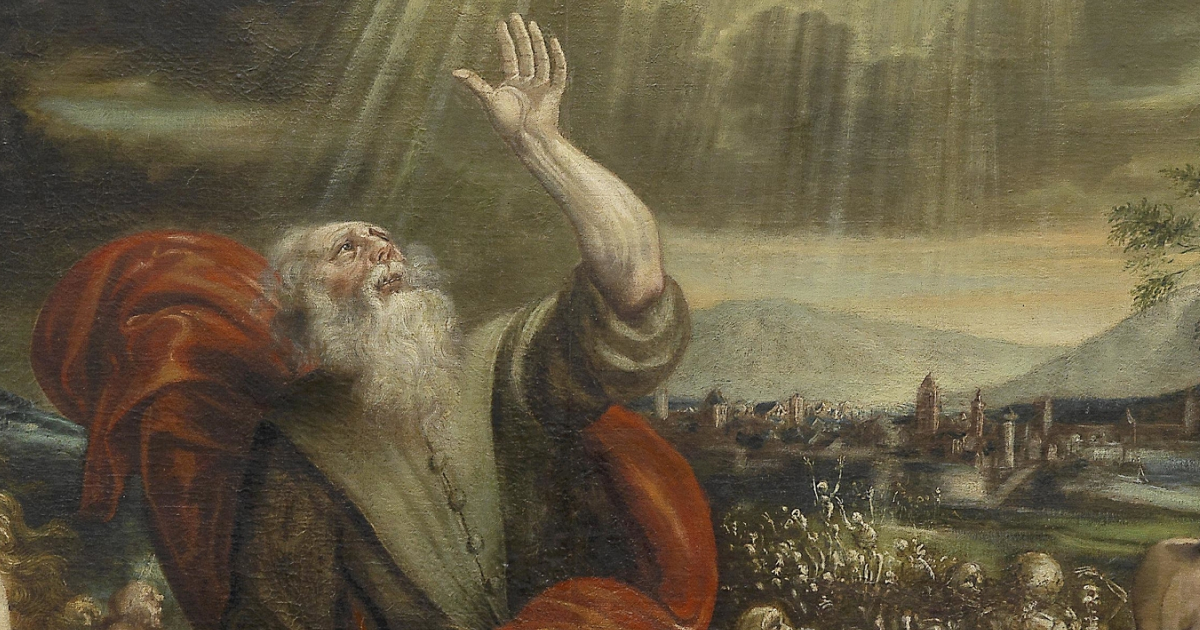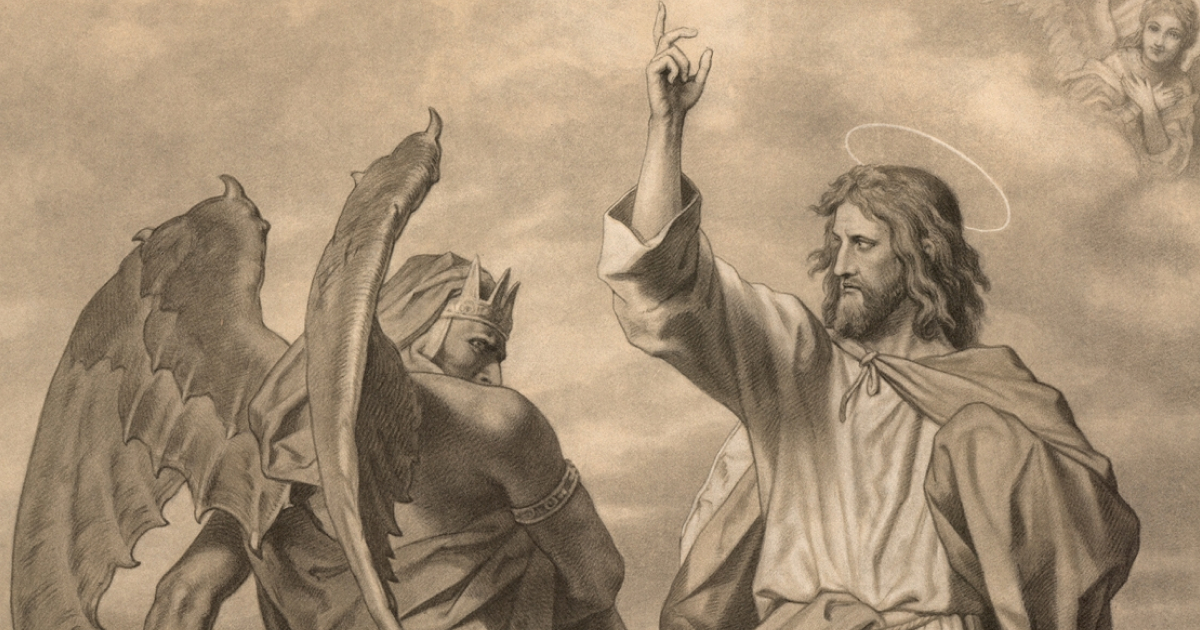This year is the 1,700th anniversary of the Council of Nicaea. Here we invite a writer to reflect on articles of the Nicene and Apostles' Creed:
The Western Church incorporated the phrase "qui ex Patre Filioque procedit" into the Creed little by little. This radical departure from the shared Orthodoxy of the Universal Church seems to have first been articulated at the Council of Toledo in 589. By 800, when the chanting of the Creed had become a familiar part of the Mass in the Frankish Empire, it was familiar to many congregations, and it was in 847 that Frankish monks introduced it into their Creed when they established a monastery on the Mount of Olives.
It was immediately noticed, and disputed, by all the other Christians living in Jerusalem at the time. In the Councils of the Church – Lyons (1274) and Florence (1439) – the Western Church insisted upon it being part of the Creed, and the Orthodox, correctly, pointed out that it was an heretical interpolation.
It is surely beyond the powers of most of us to understand what was at stake in the dispute. Nevertheless, the Orthodox Creed – forged by those Council Fathers at Nicaea who had suffered for the Faith – was, and must be, that the Holy Spirit is truly God in all His Fullness, and not a mere appurtenance of the Father and the Son.
To believe otherwise is to risk one of the central heresies, to which the human mind is almost ineluctably drawn: namely that the Creator is a separate Being – a Demiurge – from the Impassible, Incomprehensible Absolute.
No – God is the Holy Spirit, and the Holy Spirit is God, "Dominum et vivificantem", as the Creed has it, "the Lord, the Giver of Life". All that is comes from God, all things visible and invisible, as the Creed has already proclaimed.
The Lord breathes Life. Existence, the most fundamental of all mysteries, is not "explained" by the crude device of calling God a Demiurge or a First Cause. (It is against this fundamental error – an error propagated by most of those who believe in intelligent design – which the neo-atheists of our day are right to protest.)
The Creed does not believe that the "vivificans" God is simply an explanation for the existence of "stuff". It is not a lazy intellectual cutting of corners. It is the experience of the living God in every aspect of existence, in every breath we take, and in all the experience, human and non-human, of a suffering universe.
This is not simply something which we "feel" as a Romantic poet might feel – wandering lonely as a cloud, and sensing God's presence in nature or in our hearts – though undoubtedly this is part of what the believers mean when they profess their belief in the Holy Spirit. The Holy Spirit has also been present through all eternity guiding the wisdom of those who told their fellow human beings about God. Qui locutus est per prophetas. He spoke through the prophets.
For the Christian believer, this is what makes the Holy Scriptures special. They are not just archaeologically interesting, reminders of how Amos and Hosea were thinking in the eighth century BC, or how Ezekiel the Babylonian exile felt.
The prophets are vessels of truth. They speak to us today because they were the instruments of the Holy Spirit as were all the writers whom the Holy Church decided, by a slow process, were part of canonical Scripture. For this reason, the Bible is a unique book, or collection of books, for a Christian and it is not to be disregarded or scorned, even though it can not always be easily understood.
But to see the Holy Spirit at work, in the pages of Scripture, does not limit us to belief that He is only to be found in the pages of the Bible. (This is the mistake made by many so-called Bible Christians).
The Holy Spirit, who is adored and glorified with the Father and the Son, is everlastingly at work. He speaks, therefore, through the Veda in India, through the Platonic dialogues, through any human utterance where Truth is to be found; and it is the Catholic Faith that eventually He will lead us all – fallible, foolish, sinful as we all are – to a vision of Truth, regardless of where we began our journey. That is what it means to call the Faith Catholic and Orthodox.
That very unorthodox poet John Milton made one of the most eloquent prayers to the Holy Spirit in the English language, at the beginning of Paradise Lost:
And chiefly, Thou, O Spirit, that dost prefer Before all Temples, the upright heart and pure, Instruct me, for Thou know'st; Thou from the first Wast present, and with mighty wings outspread Dove-like satst brooding on the vast Abyss, And mad'st it pregnant; what in me is dark, illumine What is low, raise and support ...
The Creed formulated at Nicaea (without the Filioque addition) asserts firmly and fully that the Holy Spirit is God. Yet it is also He – stupendous, unimaginable truth – it is He who speaks to us, personally, each and every one of us, in our prayers.
As Paul reminds us (Romans 8:2627), it is He who prays in us, even when we feel we can not pray.
This article appears in the October/November 2025 edition of the Catholic Herald. To subscribe to our thought-provoking magazine and have independent, high-calibre and counter-cultural Catholic journalism delivered to your door any where in the world click HERE.





